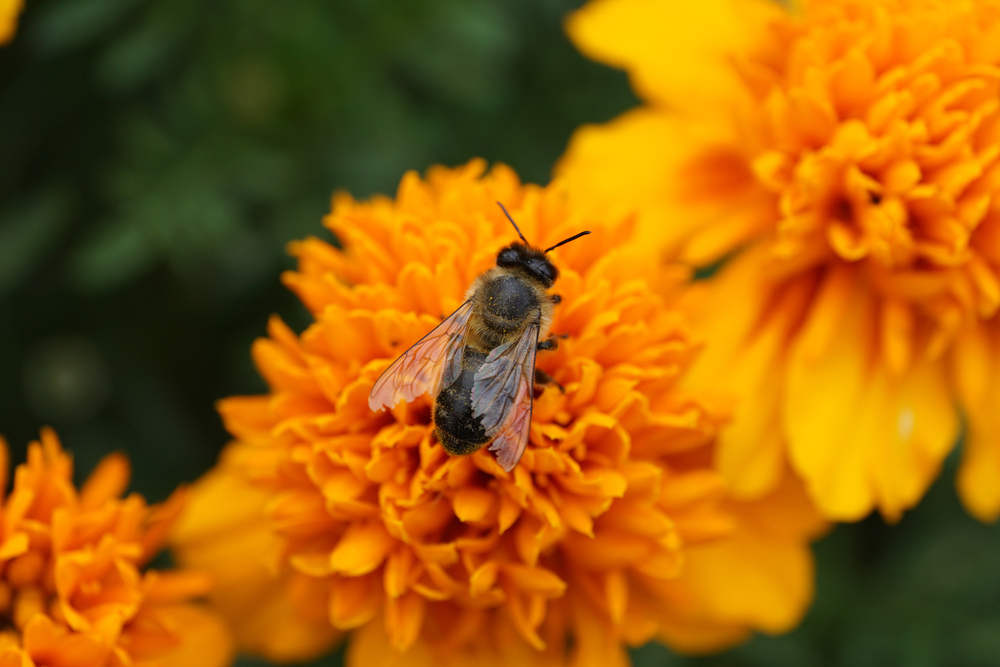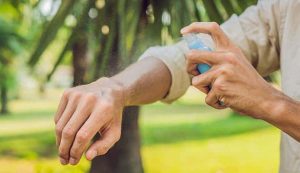Bee Therapy is the treatment of ailments with the use of products made from the common honeybee’s venom and honey. These medicines include bee pollen, raw honey, propolis and royal jelly. Although scientific studies have not proved the theories that apitherapy works, products like royal jelly have become an increasingly popular item sold on convenience store counters as an energy serum and made into beauty products.
Hippocrates used the venom from bees to treat joint ailments such as arthritis, and a more modern day doctor Phillip Terc claimed that bee stings help rheumatism in an article written in 1888.
There are five basic honeybee products:
Venom is either injected by needle or allowing the bee to sting the affected area. This is the most complex form of apitherapy and the only one where you must consult a practitioner. Users say the benefits far outweigh getting repeatedly stung by bees. Patients presenting with tendonitis, for instance, can be helped with two or three sessions, whereas the pain associated with degenerative bone diseases can only be alleviated through several sessions a week for at least six months. Be sure to get an allergy test for beestings before attempting this form of therapy. The venom contains natural anti-inflammatory chemicals which are more potent than, say, hydrocortisone for tendonitis and arthritis.
Pollen has been found to be a good treatment for seasonal allergies, and is commonly marketed as an energy supplement. Pollen is often used in bee beauty products and is believed to slow the aging process, although there exists no scientific evidence to support this claim.
Raw honey is full of “b” vitamins (no pun intended!) and is a quick energy booster, like cane sugar or fructose. This is not processed honey-it has not been filtered or heat treated-and there are actual studies showing that putting a poultice of raw honey on an open wound can dramatically slow the spread of infection causing bacteria.
Royal Jelly is produced in the salivary glands of the worker bee in order to feed the queen, hence the name. Because this milk white substance is thought to help the queen live so long and make her more fertile, products made from royal jelly are marketed for beauty supply. While these claims are unsubstantiated, studies on humans found that royal jelly can lower levels of cholesterol.
Bees can make their own glue to stick their hives together and repair the walls. This bee glue is called Propolis and is made from the sap of conifers or poplar trees. Products made from bee materials for the purpose of creating salves and chap sticks are made from propolis. It is also considered by apitherapy enthusiasts to be an antioxidant.
Other reported health benefits are the breaking down and softening of scar tissue as a cosmetic application, the decrease of fatigue and spasms associated with suffers of MS, and the antitoxins can be beneficial in keeping AIDS patients from contracting flu’s and viruses.
Apitherapists have no licensing requirements or credentialing organizations. Some are physician’s who believe that it works to lessen joint pain in their patients, most that use it are or once were patients of apitherapy themselves. The most important precaution you can take before exploring this option for treatment is to get an allergy test. If you have a reaction to the bee pollen often used in juice bar health drinks, you are probably allergic to bee pollen and should forego this type of treatment. If you have heart disease or diabetes you should not seek apitherapy, and never give any type of honey to infants.
Raw honey may contain fungus, so the AIDS patients that might be helped through the propolis antioxidants could be harmed through the use of unprocessed honey. Lastly, there are no recommended dosage standards, so exercise caution when first starting to experiment with the benefits of apitherapy.







Be First to Comment